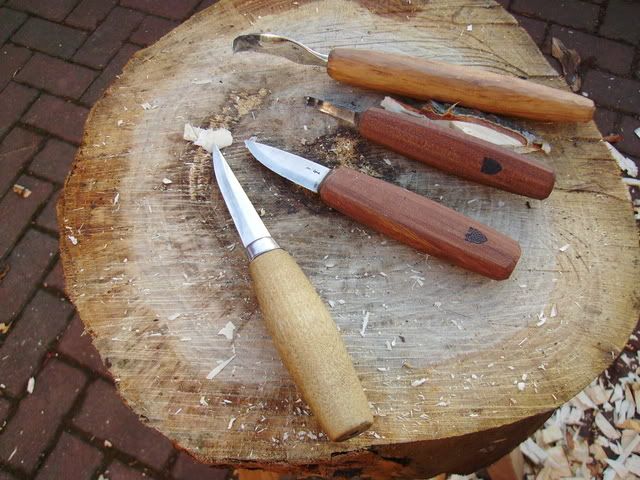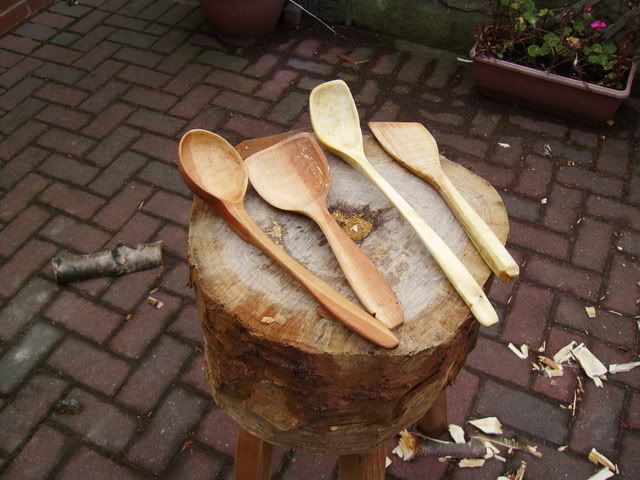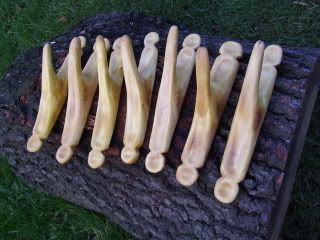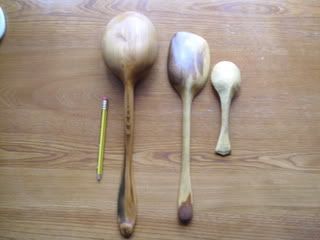Hi folks,
Wasn't sure what section to put this one in, but here goes.
I've just started to have a little look at the world of whittling. The missus suggested it to me and it sounded even more appealing when she pointed out the raw material was free! :lol: :idea: I've had a bit of a scout about on the net, but can't seem to find too much about the subject apart from the very basics.
:lol: :idea: I've had a bit of a scout about on the net, but can't seem to find too much about the subject apart from the very basics.
Does anyone on here know much about the subject, or perhaps there are some practicing whittlers on here who could give me some advice.
Wasn't sure what section to put this one in, but here goes.
I've just started to have a little look at the world of whittling. The missus suggested it to me and it sounded even more appealing when she pointed out the raw material was free!
Does anyone on here know much about the subject, or perhaps there are some practicing whittlers on here who could give me some advice.








